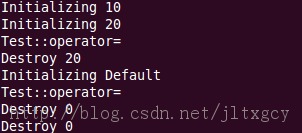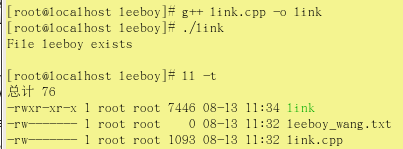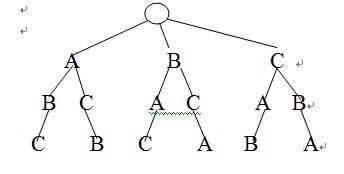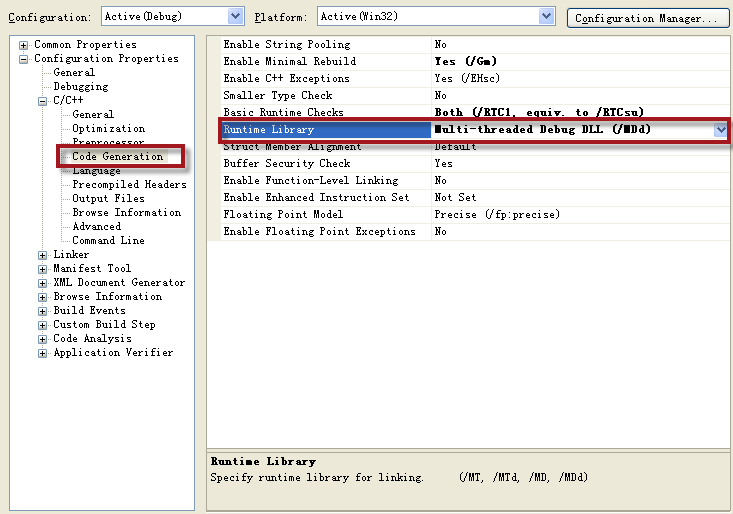C++ 转换构造函数 赋值语句
一、整体代码Test.h[cpp]#ifndef _TEST_H_#define _TEST_H_class Test{public:// 如果类不提供任何一个构造函数,系统将为我们提供一个不带参数的// 默认的构造函数Test();/*explicit */Test(int num);void Display();Test& operator=(const Test& other);~Test();private:int num_;};#endif // _TEST_H_Test.cpp[cpp]#include "Test.h"#include <iostream>using namespace std;// 不带参数的构造函数称为默认构造函数Test::Test(){num_ = 0;cout<<"Initializing Default"<<endl;}Test::Test(int num){num_ = num;cout<<"Initializing "<<num_<<endl;}Test::~Test(){cout<<"Destroy "<<num_<<endl;}void Test::Display(){cout<<"num="<<num_<<endl;}Test& Test::operator=(const Test& other)//参数和返回值都是引用,这样就不用调用拷贝构造函数{cout<<"Test::operator="<<endl;if (this == &other)return *this;num_ = other.num_;return *this;//可以去掉}01.cpp[cpp]#include "Test.h"int main(void){Test t(10); // 带一个参数的构造函数,充当的是普通构造函数的功能t = 20; // 将这个整数赋值给t对象// 1、调用转换构造函数将这个整数转换成类类型(生成一个临时对象)// 2、将临时对象赋值给t对象(调用的是=运算符)Test t2;t = t2; // 赋值操作t.operator=(t2);即使去掉了return *thisreturn 0;}二、运行结果三、解释1、Destory 20指的是消除临时的对象。2、转换构造函数是单个参数的构造函数,将其它类型转换为类类型。类的构造函数只有一个参数是非常危险的,因为编译器可以使用这种构造函数把参数的类型隐式转换为类类型。3、t = 20;首先调用转换构造函数,然后调用赋值Test& operator=(const Test& other);explicit说明这个函数不是转换构造函数,只是普通的构造函数。4、系统里面有默认的赋值运算,实现的功能和上面的赋值运算一样。
补充:软件开发 , C++ ,





